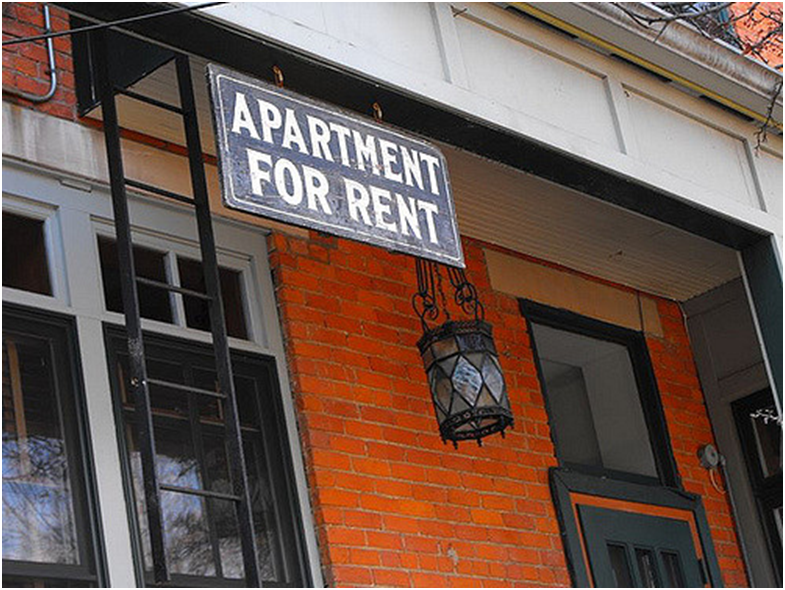How Vacancies Can Destroy a Real Estate Investment Strategy

The philosophy behind real estate investment is simple. Buy a property, rent it to an interested tenant, charge more than you’re paying in recurring expenses, and pocket the profits – while also benefiting from property value appreciation.
But there are several things that can throw a wrench into these plans. One of the most devastating is a prolonged vacancy.
But why are vacancies so negatively impactful? And how can you avoid them?
The True Costs of Vacancies
You can probably already see why vacancies aren’t a good thing for real estate investors. But you may underestimate just how many different costs there are.
While your property is vacant, you’ll face costs that include:
· The mortgage. If you took out a loan for the house, one of the biggest expenses you’re going to face is the mortgage. You’ll be responsible for making payments to the principal and the interest every month, which will likely be hundreds, if not thousands of dollars.
· Property taxes. You’re also going to be responsible for paying property taxes, which are quite high in some areas. Depending on where you live, and how your mortgage is structured, this may be part of your monthly mortgage payment, or you may have to pay in regular intervals throughout the year. No matter what, this will be a significant expense.
· Insurance. It’s technically possible to have a rental property without an insurance policy, but this is generally an unwise financial move. Even though insurance is financially advantageous, it’s still an expense you’ll have to deal with.
· HOA fees. If your property is in a neighborhood with a homeowner’s association, you’ll also need to think about HOA fees.
· Maintenance and repairs. Even though your property is unoccupied, you’ll still need to spend money on maintenance and repairs, such as gardening, checking smoke detectors, fixing small issues, and so on.
· Opportunity costs. An opportunity cost represents a forgone or lost resource that you otherwise would have had. Every month your property remains unoccupied is another month you’re not making any money. Even if you have supplemental sources of income, this is going to seriously compromise the value of your investment if the vacancy lasts for longer than a month or two.
How to Minimize Vacancies
There are several strategies you can use to keep vacancies to a minimum.
· Practice tenant screening. One of your best strategies is practicing active tenant screening. Tenant screening allows you to evaluate each prospective tenant before allowing them to occupy your property; this way, you can avoid people who can’t afford your rent payments consistently.
· Handle issues quickly. Many tenants leave because they believe the landlord is not taking care of the property or they feel mistreated in some way. You can avoid this type of departure by handling issues as quickly and effectively as possible. If a tenant makes you aware of a flaw in the unit, make an effort to fix it as quickly as possible.
· Show appreciation for your tenants. Finally, show appreciation for your tenants. Gift baskets, gift cards, and other bonuses can keep tenants happy for a long time.
How to Close Vacancies Quickly
If you do end up with vacancies, you’ll need to work to close them as quickly as possible.
· Hire a property manager. The easiest thing to do is to hire a property manager, who will take care of marketing and advertising your property on your behalf. It’s a small extra expense, but it saves you a lot of time and headaches while simultaneously filling your property quicker.
· Advertise across more channels. Modern omnichannel marketing approaches attempt to take advantage of many different channels simultaneously to broaden your reach and increase visibility. Even though it’s an additional expense, you should consider advertising across more channels.
· Make meaningful upgrades. Sometimes, vacancies persist because your property isn’t attractive enough to justify the rental price, or because there are better properties in the area. You can fight against this by making meaningful upgrades – especially in the form of new amenities and better curb appeal.
· Lower rent. If you’ve been advertising your property for a while and you haven’t had much interest, consider lowering the rent price. This isn’t ideal for your profitability, but it’s certainly a lot better than leaving the property unoccupied for months on end.
· Sell. If you’re still having trouble filling the property after all of these steps, and you aren’t satisfied with the property as it stands in your portfolio, the best move might be to sell.
Vacancies aren’t totally avoidable, but they can be mitigated as a negative force in your real estate investment strategy. With proper acknowledgement and forethought, you can keep vacancies at bay and relatively short, maximizing your profitability.

